Indigenous Plant Sovereignty
A perspective on indigenous plant gathering, harvesting, maintenance, and sovereignty.
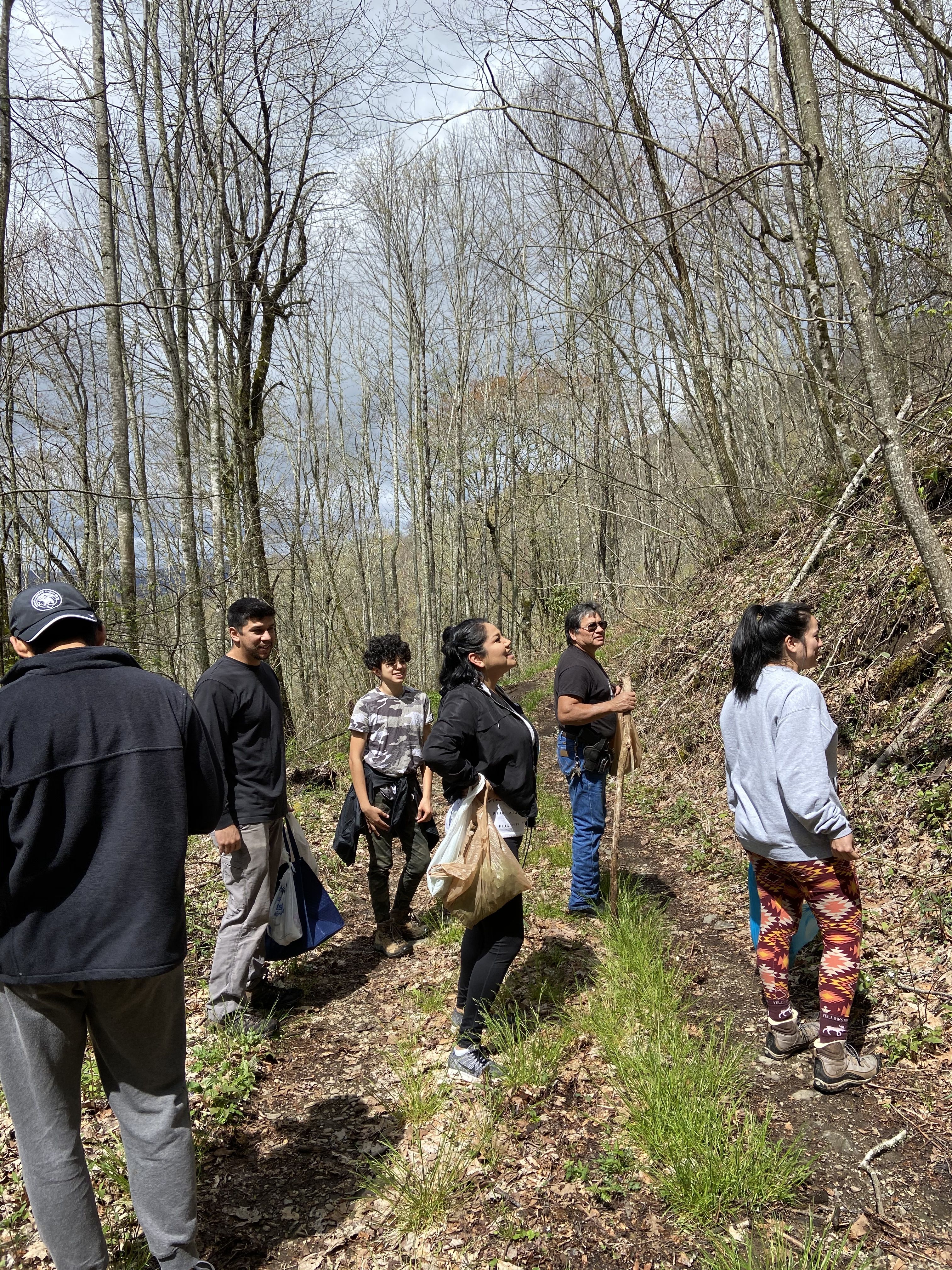
I grew up in Cherokee, North Carolina which is part of the Blue Ridge Parkway and is home to the Great Smoky Mountains. It's a beautiful, rural, and mountainous area. This place is also known as the ancestral homelands of the ᎠᏂᎩᏚᏩᎩ, or Cherokee people. This land has provided for my people for many generations. We've learned how to care for and look after the land in return.
My grandfather Goodlow Bark was born and raised here in Cherokee. He is a first-language speaker of Cherokee and is knowledgeable about the culture. This includes the knowledge of edible and medicinal plants. This knowledge was passed down to him by his parents just as they learned from their parents and so on. This knowledge is also something that he has passed on to his children and grandchildren as well.
My grandpa Goodlow has taken my family and me up into the woods to gather food. This ranges from ᏐᏤᏂ (Sochan), ᏩᏍᏗ (Ramps), to ᎫᏩᏯ (Huckleberries) depending on the time of year. My grandpa always tells us, "You have to watch out for the imposters". He knows which plants are edible and which aren't -- even if they look exactly the same. He teaches us how to gather our traditional foods safely so that it ensures the plants grow back more abundantly.
When gathering ᏩᏍᏗ (Ramps), we typically cut them from just above the root rather than pulling and uprooting the plant as a whole. These plants are not easily cultivated and grow in high elevations. Cutting them above their root ensures that the plant will continue to grow back. Similarly, when we gather ᏐᏤᏂ (Sochan), we only pull the leaves off and leave the stem and root. Simple techniques such as these that are used when gathering show the generational knowledge that we hold of plants as well as our connection to them.
This generational knowledge also includes the gathering and use of medicinal plants. In Cherokee it's known that the animals, insects, and humans lived together in harmony with one another and the land long ago. As the people evolved, they created weapons that were used to hunt the animals. The first to become upset with the ruthless hunting of them was the bears. The bears held a council to attempt to put a stop to this hunting of them. When their efforts did not succeed, the deer decided to hold a council as well. When the hunters continued to hunt relentlessly, the animals became outraged and came together.
The animals decided to create diseases for every life taken by the hunters. While the animals were creating these diseases, the plants listened. The plants were friends of the people and wanted to help them. The plants decided that they would create cures for the diseases created by the animals. Every grass, moss, shurb, and tree came up with remedies to combat the diseases implemented by the animals.
The plants shared this knowledge with the humans along with a prayer. Out of respect, the plants asked the humans to say a specific prayer when gathering them. This prayer asks permission of the plant for its use and also introduces the person by name and clan. Along with this prayer, the people were also taught to only take what was needed. Even today, the plants have kept their promise to the people and still serves as food and medicine for those who need it. My family has held this knowledge of plants and is continuing to pass it down.
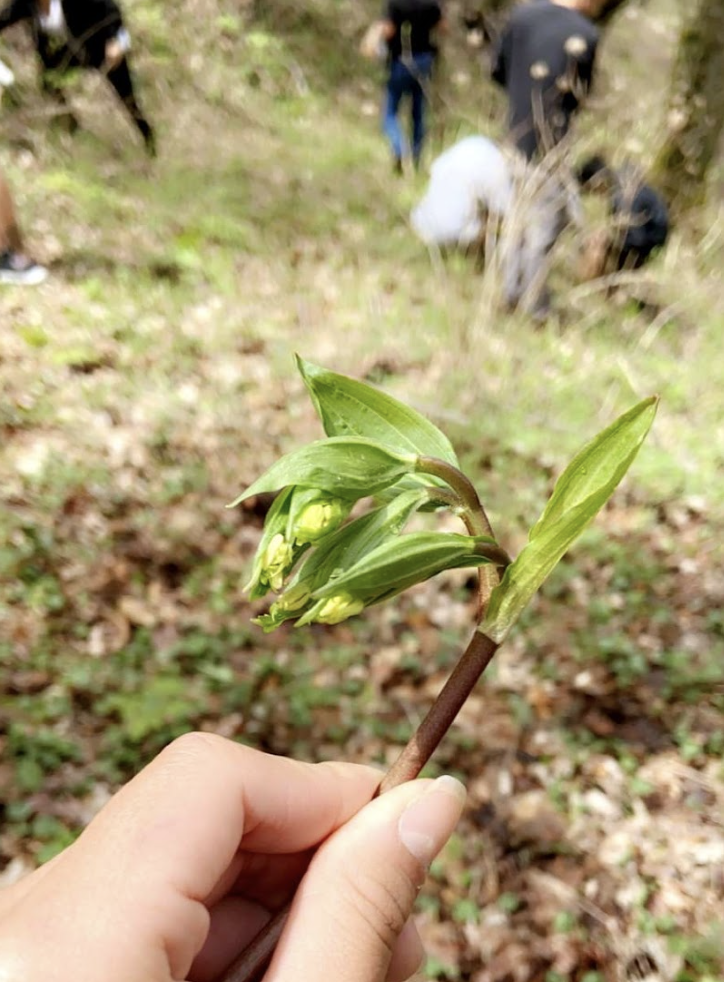
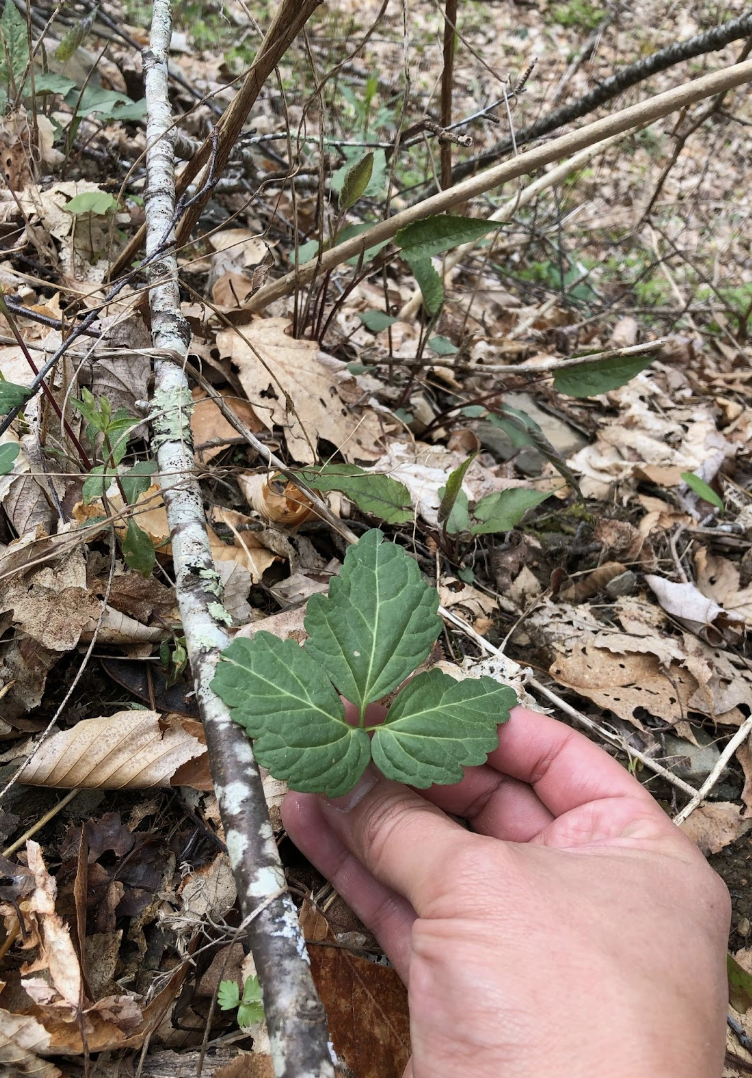
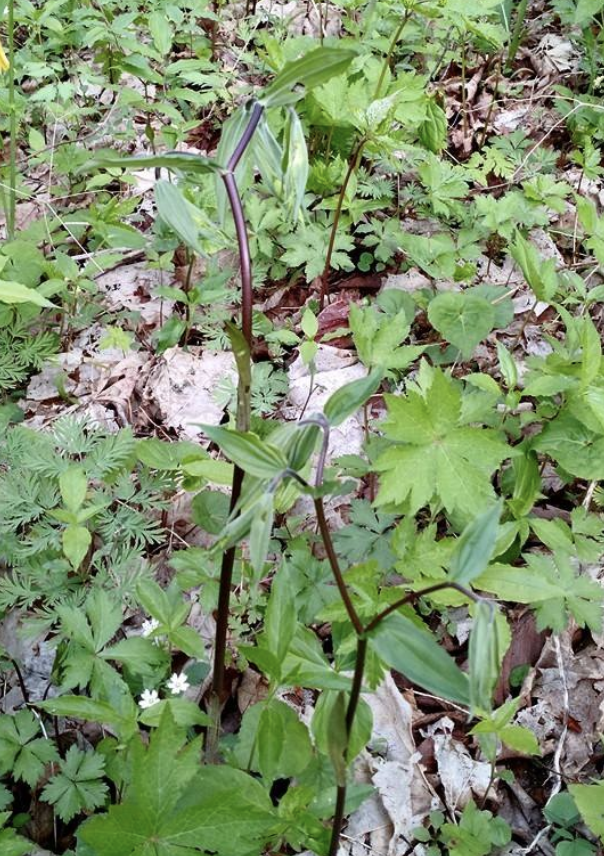
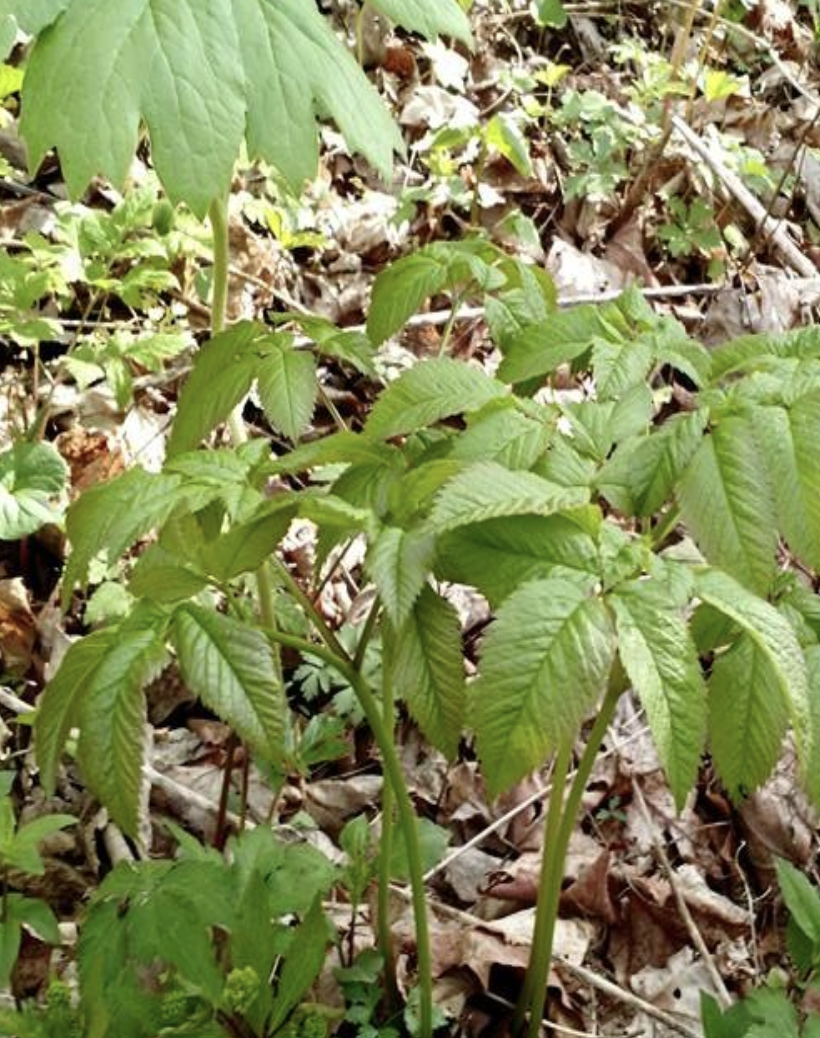
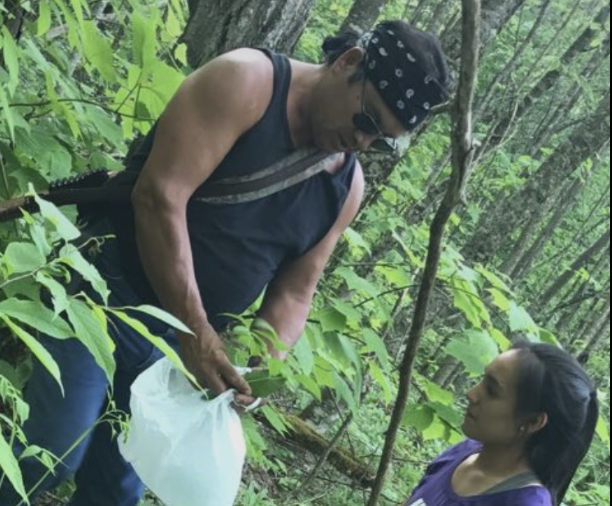
ᏃᏊ
My grandpa teaches us how to respect plants and animals. "Everything has spirit. Every tree, rock, even the wind has spirit", is something he told me. It's our job as stewards of the land to recognize this and to care for the earth that provides so much for us. We're not here forever and ensuring that our plant harvesting practices are sustainable is essential so that future generations are able to continue these traditions and relationships with the land.
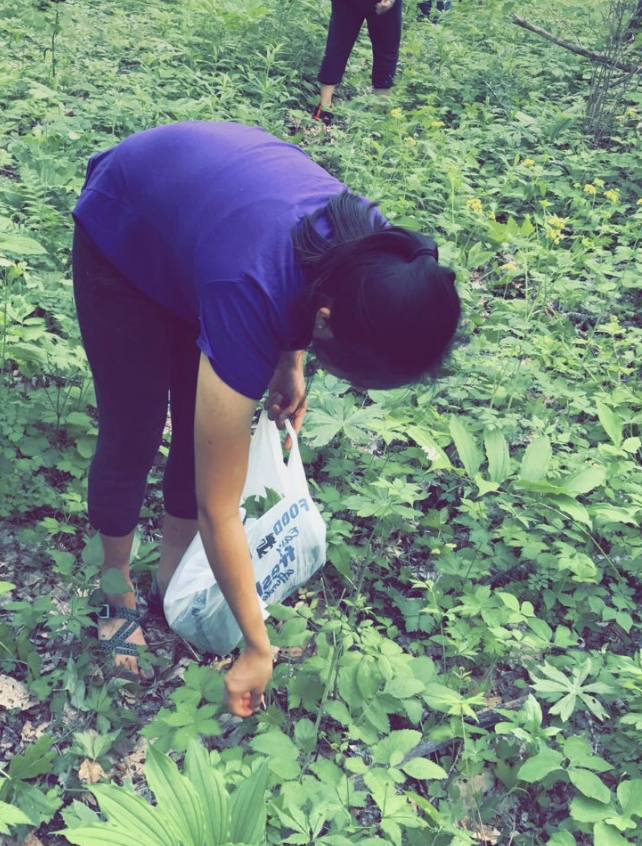
ᎤᏒᎯ
Our ancestors that came before us fought so that we would have a connection to our ancestral homelands. They took care of the land so that we would have access to the the same resources as they did. Our ancestors made decisions while keeping the future generations in mind. It's imperative that we do the same so that our land and resources continue to flourish. Taking care of the land in generations of stories and teachings of our culture.
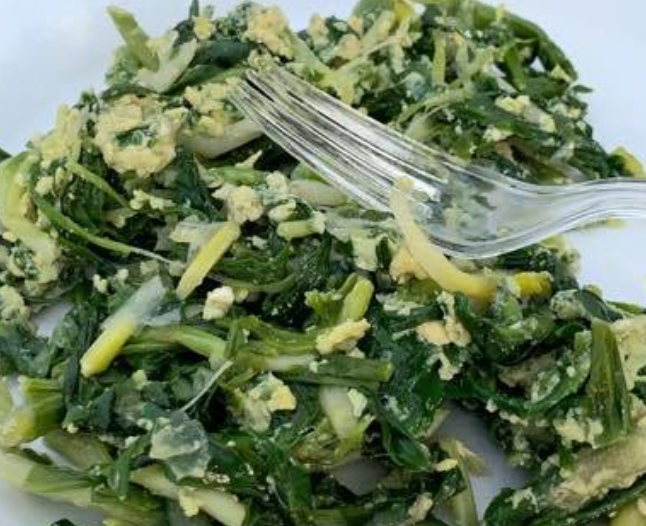
ᏑᎾᎴ
My grandpa is teaching us so that we're able to continue looking after the land when he's gone. We'll teach future generations to do the same. We ask permission from the plants, only take what's necessary, and provide for others who are in need. We make sure that our practices are sustainable for the future. We'll continue to pass on these teachings and our relationships with the land. As ᎠᏂᎩᏚᏩᎩ, this is part of our identites.
